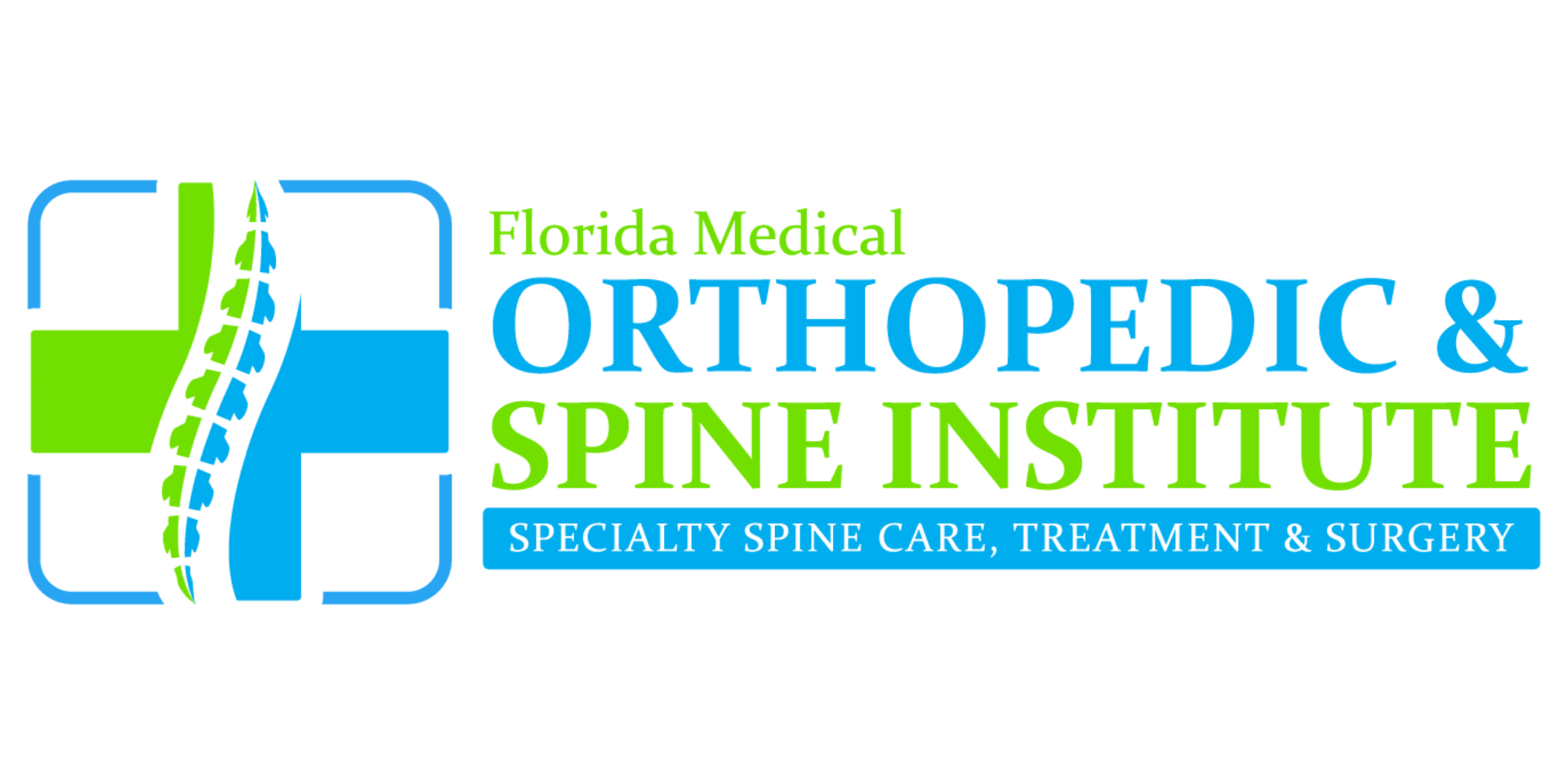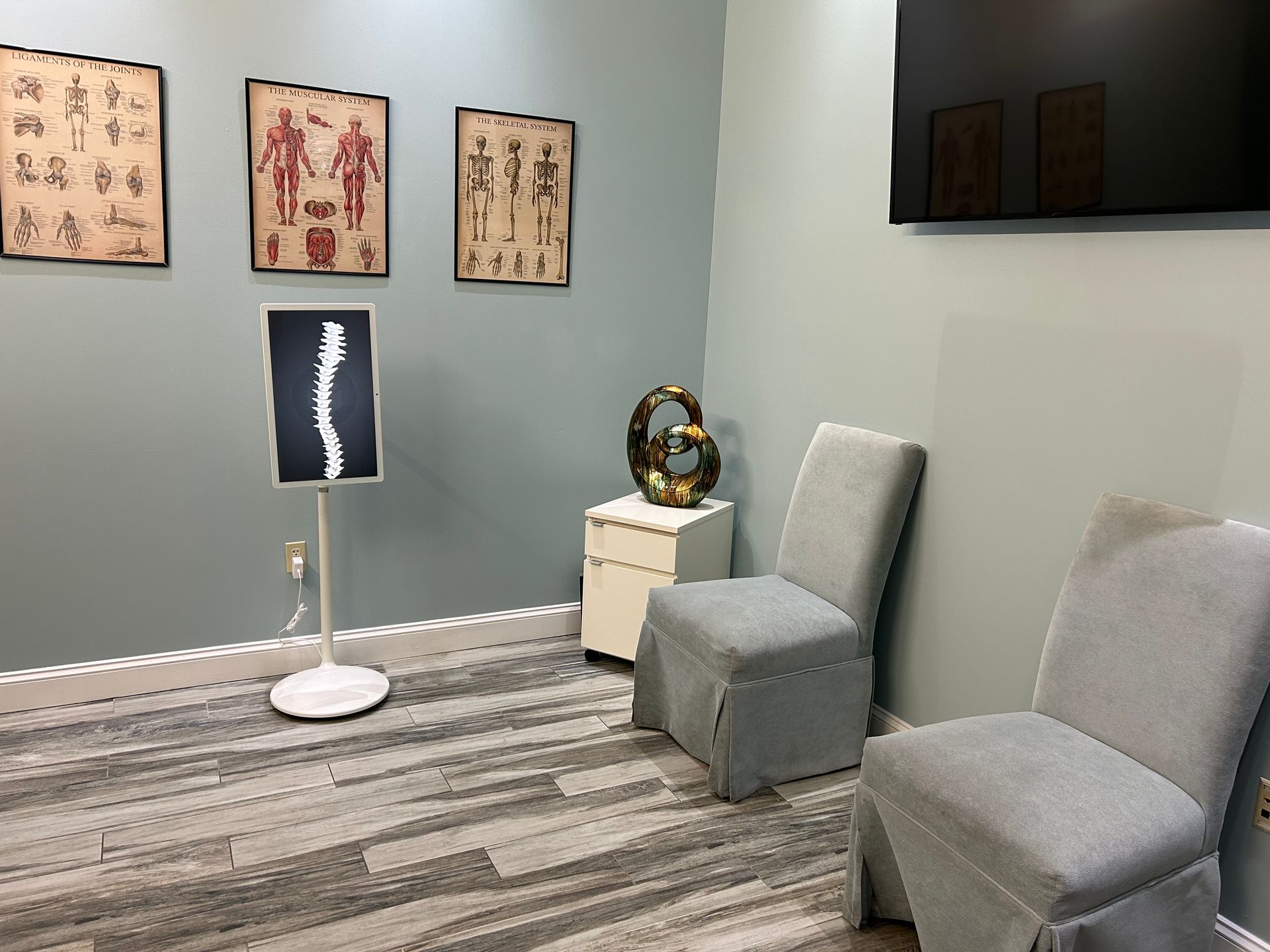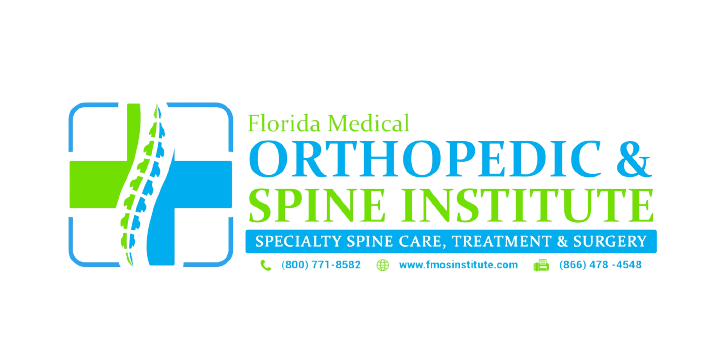Why You Shouldn't Delay Seeking Medical Attention After an Accident
Why Every Hour Counts After an Accident
The screech of tires, the crunch of metal – the immediate aftermath of an accident can be a whirlwind of adrenaline, shock, and confusion. In those moments, it's easy to focus on the immediate tasks: exchanging information, assessing vehicle damage, and perhaps even downplaying any physical discomfort. However, one of the most crucial steps you can take after an accident is often overlooked or delayed: seeking prompt medical attention.
At FMOS, we understand that the moments following an accident can be overwhelming. But we also know that every hour counts when it comes to your health and well-being. Delaying medical evaluation, even if you feel seemingly fine, can have significant and potentially long-lasting consequences.
Here's why those initial hours after an accident are so critical:
Contact Us Today
Have a question? Looking for treatment? We’re here to help. Send us a message and we’ll be in touch.
1. Hidden Injuries Can Be Deceptive:
Adrenaline is a powerful natural painkiller. In the immediate aftermath of an accident, your body releases a surge of it, which can mask the pain of underlying injuries. What feels like a minor bump or bruise could actually be a more serious issue like:
- Internal Bleeding: This can be life-threatening and may not present with immediate, obvious symptoms.
- Concussions and Traumatic Brain Injuries (TBIs): Symptoms like headache, dizziness, or confusion might be subtle at first but can worsen over time.
- Soft Tissue Injuries (Whiplash, sprains, strains): These injuries often develop pain and stiffness hours or even days later. Delaying diagnosis and treatment can prolong recovery and lead to chronic pain.
Waiting to seek medical attention allows these hidden injuries to progress without intervention, potentially leading to more complex and challenging treatment down the line.
2. The "Golden Window" for Effective Treatment:
For certain injuries, particularly concussions and soft tissue damage, early intervention is key to a faster and more complete recovery. Prompt diagnosis allows medical professionals to:
- Implement timely treatment plans: This might include medication, physical therapy, or other interventions that are most effective when started early.
- Minimize inflammation and swelling: Early management can help control these responses and prevent further complications.
- Guide you on proper rest and activity: Following medical advice from the outset can prevent you from unknowingly aggravating your injuries.
Delaying treatment can mean missing this crucial "golden window," potentially leading to a longer, more painful recovery process.
3. Crucial Documentation for Legal and Insurance Claims:
In the unfortunate event that you need to file an insurance claim or pursue legal action, timely and thorough medical documentation is paramount. A prompt medical evaluation creates a clear record of your injuries, directly linking them to the accident. Delaying care can:
- Raise doubts about the cause of your injuries: Insurance companies may argue that your injuries occurred after the accident if there's a significant gap in medical treatment.
- Weaken your legal case: A lack of immediate medical documentation can make it harder to prove the extent and impact of your injuries.
- Complicate the claims process: Having detailed medical records from the beginning streamlines the process and reduces potential disputes.
4. Preventing Long-Term Complications:
Addressing injuries early on can significantly reduce the risk of developing chronic pain and long-term disabilities. Untreated injuries can worsen over time, leading to:
- Chronic pain syndromes: What started as a minor ache could evolve into debilitating chronic pain.
- Reduced mobility and function: Untreated musculoskeletal injuries can limit your range of motion and ability to perform daily activities.
- Post-traumatic stress disorder (PTSD): The emotional trauma of an accident, combined with unresolved physical pain, can contribute to mental health issues.
Seeking prompt medical care is an investment in your long-term health and well-being.
5. Peace of Mind and Professional Guidance:
Even if you feel relatively okay after an accident, a medical evaluation can provide peace of mind. A healthcare professional can conduct a thorough examination, identify any potential issues, and provide you with guidance on:
- Monitoring for delayed symptoms: They can educate you on what to watch out for in the coming days and weeks.
- Proper self-care: They can offer advice on rest, ice, compression, and elevation (RICE) or other home care measures.
- When to seek further medical attention: They can outline specific warning signs that warrant a follow-up visit.
Don't Wait, Prioritize Your Health:
The moments following an accident can be chaotic, but prioritizing your health by seeking immediate medical attention is one of the most important decisions you can make. Even if you feel seemingly unharmed, hidden injuries can be lurking beneath the surface.
If you've been involved in an accident, don't delay. Visit your nearest emergency room, urgent care, or schedule an appointment with a personal injury doctor as soon as possible. At FMOS, we are dedicated to providing comprehensive and timely care to accident victims, ensuring you receive the diagnosis, treatment, and support you need to recover fully.
Your health matters. Don't let precious hours pass without getting the medical attention you deserve.
Contact Us Today
Have a question? Looking for treatment? We’re here to help. Send us a message and we’ll be in touch.










